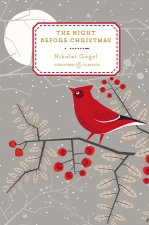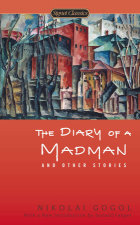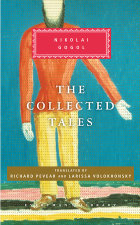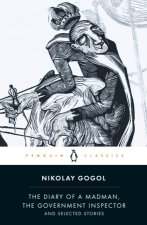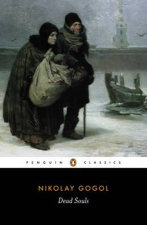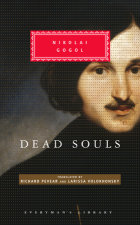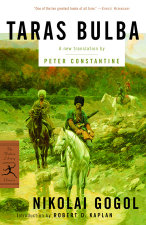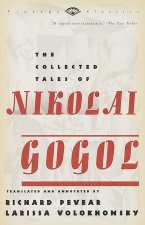Taras Bulba
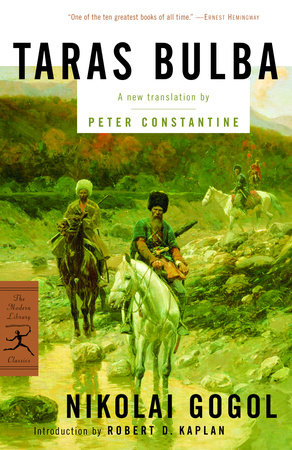
The First New Translation in Forty Years
Set sometime between the mid-sixteenth and early-seventeenth century, Gogol’s epic tale recounts both a bloody Cossack revolt against the Poles (led by the bold Taras Bulba of Ukrainian folk mythology) and the trials of Taras Bulba’s two sons.
As Robert Kaplan writes in his Introduction, “[Taras Bulba] has a Kiplingesque gusto . . . that makes it a pleasure to read, but central to its theme is an unredemptive, darkly evil violence that is far beyond anything that Kipling ever touched on. We need more works like Taras Bulba to better understand the emotional wellsprings of the threat we face today in places like the Middle East and Central Asia.” And the critic John Cournos…
$22.00
December 30, 2003Nikolai Vasilevich Gogol was born in 1809; his family belonged to a minor gentry of Ukrainian Cossack extraction, and his father was the author of a number of plays based on Ukrainian popular tales. He attended school in Nézhin and gained a reputation for his theatrical abilities. He went to St. Petersburg in 1829 and with the help of a friend gained a post in one of the government ministries. Gogol was introduced to Zhukovsky, the romantic poet, and to Pushkin, and with the publication of Evenings on a Farm near Dikanka (1831) he had an entrée to all the leading literary salons. He even managed for a short period to be a professor of history at the University of St. Petersburg (1834–1835).
